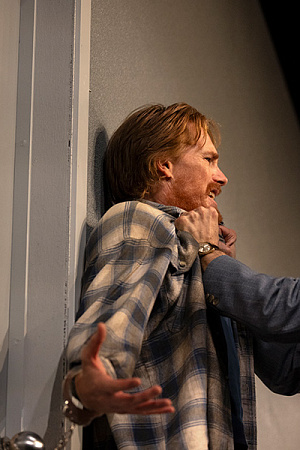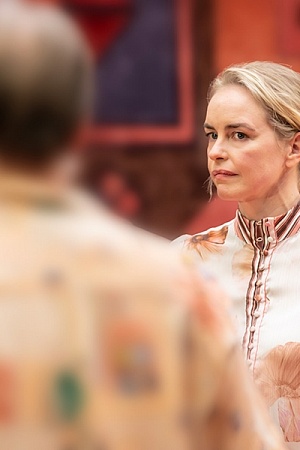Prima Facie
.jpg)
Suzie Miller’s Prima Facie continues its triumphant procession at home and abroad with Black Swan State Theatre’s production in Perth, under the direction of Kate Champion. A hit at its première at Sydney’s Griffin Theatre in 2019 and in post-Covid seasons in Melbourne, Broadway, and the West End (winning the 2023 Olivier Award for Best New Play), not to mention in South Asia and Northern Europe, it now arrives in Perth, where Miller received her first mainstage production (of Dust) in 2014.
Continue reading for only $10 per month. Subscribe and gain full access to Australian Book Review. Already a subscriber? Sign in. If you need assistance, feel free to contact us.











Leave a comment
If you are an ABR subscriber, you will need to sign in to post a comment.
If you have forgotten your sign in details, or if you receive an error message when trying to submit your comment, please email your comment (and the name of the article to which it relates) to ABR Comments. We will review your comment and, subject to approval, we will post it under your name.
Please note that all comments must be approved by ABR and comply with our Terms & Conditions.